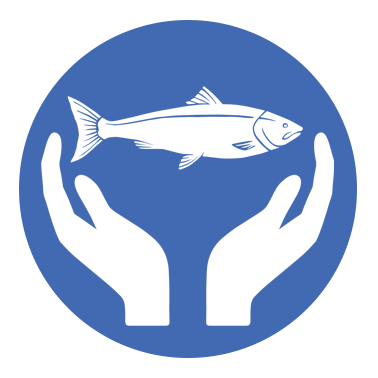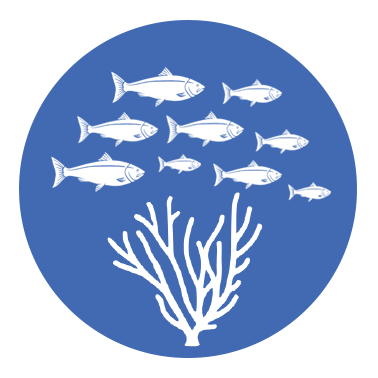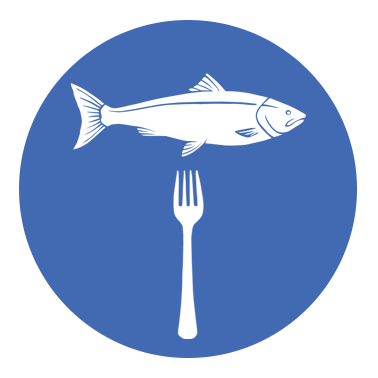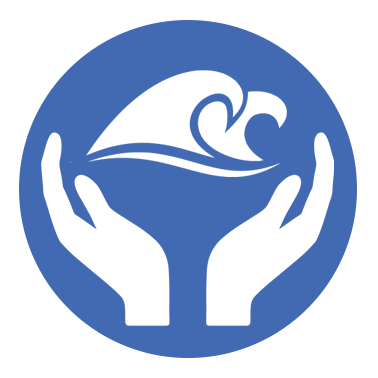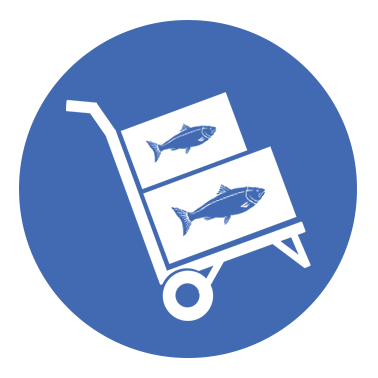Shellfish and kelp farming are zero input activities -- we add zero water, zero food, and zero fertilizer. Instead the products we produce give back to the environment providing a variety of ecosystem services in four broad categories: provisioning our community with nutritious foods and materials, regulating water quality, supporting nutrient cycling and nursery habitats, and culturally enhancing recreational activities, tourism and employment in our communities. At a time when tax dollars are being spent on research into coastal resiliency, mariculture is a low impact industry with a high benefit to coastal resiliency.
Provisioning: Not only are shellfish a nutritious low carbon footprint protein, land farmers in local communities are using shells and kelp from local growers to enrich their soils providing them with organic alternatives that are not shipped up from outside. Kelp and shellfish can play an important role in carbon sequestration, and some countries are actually beginning to pay their growers for this service through carbon credit systems.
Regulating: A single oyster is capable of filtering 50 gallons of water per day, reducing nitrogen, phytoplankton and inorganic particles in surrounding waters helping to control overall overabundance of phytoplankton. This nutrient cycling is critical especially in areas where there has been a drastic reduction in intertidal clam populations, which provided that ecosystem service to smaller coves in the past. Studies have shown that robust populations of shellfish can suppress and modulate harmful blooms of phytoplankton. Now that we are seeing warmer water temperatures and increases in Harmful Algal Blooms (HABs) statewide, this is an important ecosystem service to all wildlife in areas with active mariculture activities.
Supporting Habitat: Kelp grows very dense close to the nutrients provided by farmed shellfish, shellfish farm-sites and gear provide a rich nursery habitat for a wide diversity of vertebrate and invertebrate organisms -- worms, snails, sea squirts, sponges, crabs, shrimp and juvenile fish. The overall ecological result is greatly enhanced biodiversity in shellfish habitat compared to surrounding areas of the seabed.
Cultural Services: Many Alaska restaurants serve local shellfish; it is one of the few non-frozen local seafoods available for purchase year-round. And having commercially grown shellfish readily available locally can relieve pressure on wild clam harvests. Fishermen, recreational boaters, and kayakers recognize the habitat benefits, as they are frequently attracted to come close to farms where fishing opportunities are rich, and otter and diving duck viewing is optimal.
At Jakolof Bay Oyster Co, we are committed to growing a safe and traceable product, providing fair wages to our workers, sharing our waters with our community and producing clean fresh tasty oysters.
